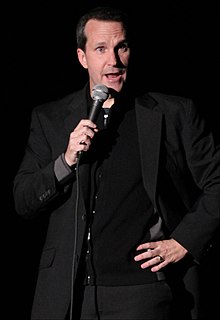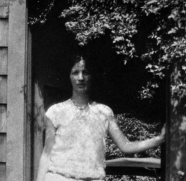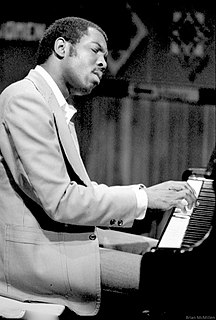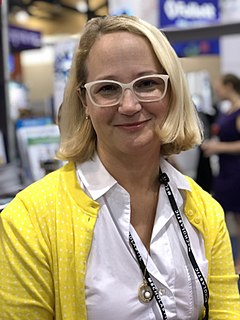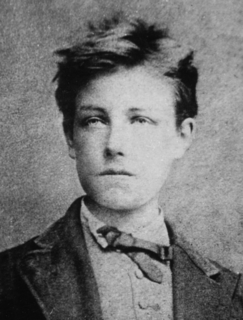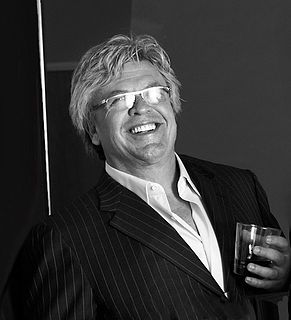A Quote by Henry Miller
If the poet can no longer speak for society, but only for himself, then we are at the last ditch.
Related Quotes
It is not possible, for a poet, writing in any language, to protect himself from the tragic elements in human life.... [ellipsis in source] Illness, old age, and death--subjects as ancient as humanity--these are the subjects that the poet must speak of very nearly from the first moment that he begins to speak.
Every man is responsible for defending every woman and every child. When the male no longer takes this role, when he no longer has the courage or feels the moral responsibility, then that society will no longer be a society where honor and virtue are esteemed. Laws and government cannot replace this personal caring and commitment. In the absence of the Warrior protector, the only way that a government can protect a society is to remove the freedom of the people. And the sons and daughters of lions become sheep.
The poet is born with the capacity of arranging words in such a way that something of the quality of the graces and inspirations he has received can make itself felt to other human beings in the white spaces, so to speak, between the lines of his verse. This is a great and precious gift; but if the poet remains content with his gift, if he persists in worshipping the beauty in art and nature without going on to make himself capable, through selflessness, of apprehending Beauty as it is in the divine Ground, then he is only an idolater.

